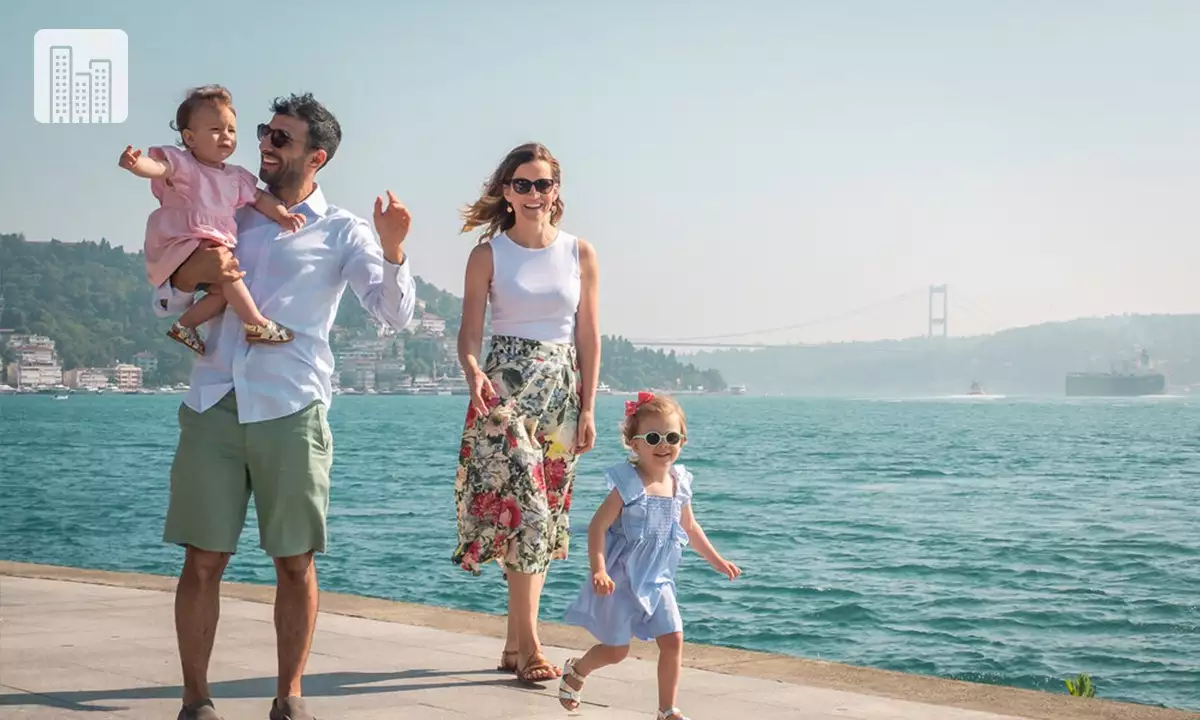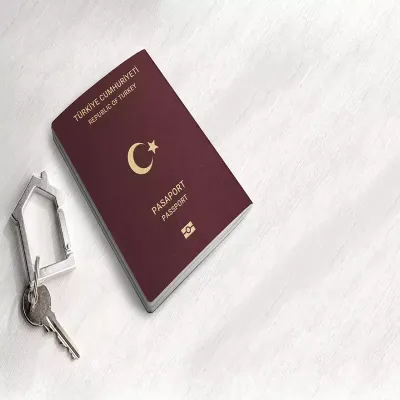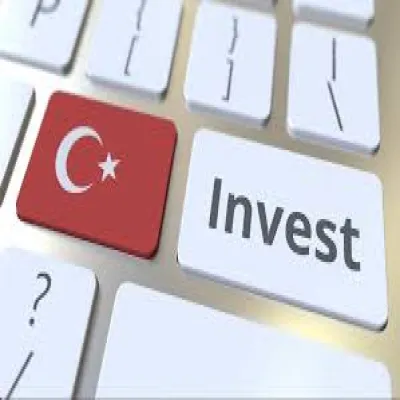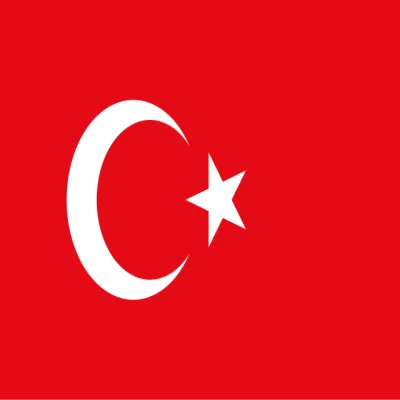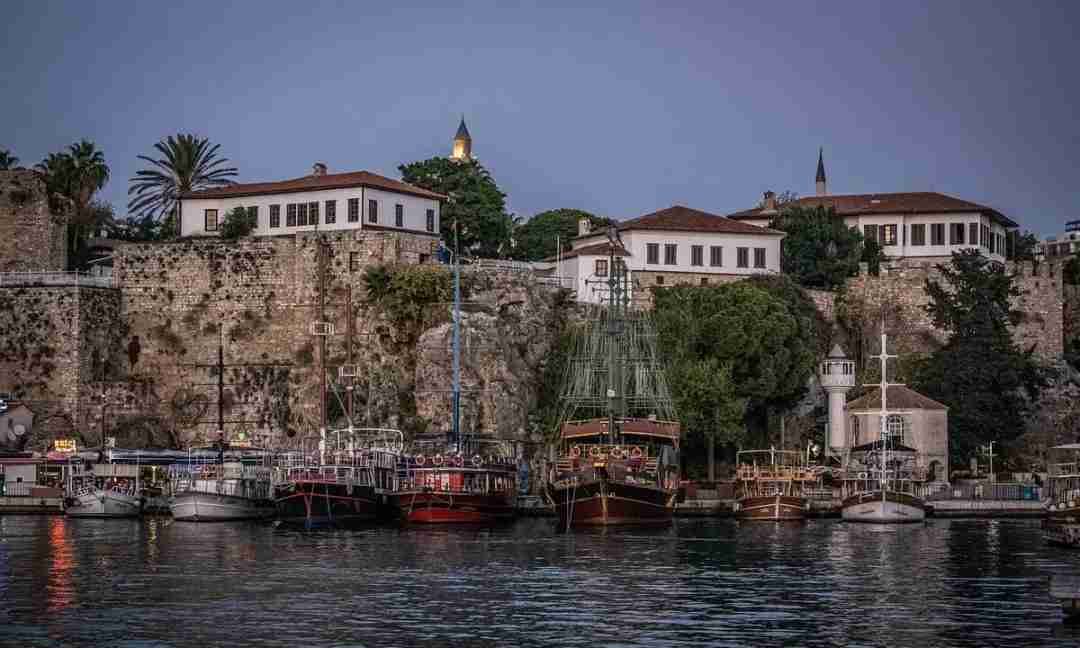By Justin Mays:
Does Turkey seem like a good option for you to start a new life, but you don’t know how to move your family there? There are certain things you have to consider before moving to Turkey with your family.
Moving to Turkey with children may be challenging, but with the correct information and guidance, you won’t face any difficulties in the process. Today’s blog will give you all the details to guide you through how to prepare your family to move to Turkey.
Prepare Your Children for the Move
Have a conversation with your children about moving to Turkey, and ensure they are informed about everything happening.
Moving to a different country and leaving all their friends behind can be stressful for children. So make sure to ask them how they feel, understand their anxieties and do what you can to help them better deal with the transition.
Additionally, familiarize them with Turkey and Turkish culture by sightseeing and touring your area.
Everything You Need to Know to Move to Turkey
Here is some valuable information to help you move and settle your family.
How Safe Is Turkey for Families
Turkey is exceptionally safe for those moving here alone or with their families. However, just like any other country, there are some cases of petty crime now and then, but Turkey is essentially a secure place for expat families to live in.
All major cities of Turkey have the facilities needed for expat families to lead a comfortable life, as well as amazing residential properties with the best security services.
All About the Schools in Turkey
Expat families with children will require admission to schools, so it's important to know what options are available for them. Turkey has a wide range of local and international schools. Out of the two, international schools are the best choice for foreign children since they teach a globally acclaimed syllabus.
Many international schools also use foreign languages as their medium of Education, which includes German, Arabic, French, etc. The fees of such schools mainly depend on their standards and extracurriculars.
The local schools in Turkey are also an excellent choice since they are super affordable and offer foreign languages as part of their subjects. Children who have studied in local Turkish schools have great careers.
Turkish schools are also highly equipped with all necessary facilities and offer students many outdoor activities.
How to Socialize & Make Friends?
Making friends after moving to Turkey may seem intimidating at first, but once you settle in, you will notice that Turkish people are highly family-oriented and affectionate.
They are always happy to assist in helping foreigners and answering their questions.
You can become more involved in the community by registering for courses, reaching out to your neighbors and chatting with the locals.
Turkish people love socializing and connecting with foreigners, so don’t shy away from introducing yourself, even if your Turkish vocabulary is limited. Most people in the large cities of Turkey and coastal towns can also communicate in English.
Should You Buy Property or Rent?
Whether you should buy or rent property in Turkey depends on your budget. However, most expats from the Middle East, the US and Europe prefer to buy homes in Turkey since the properties here are so cheap.
If you choose to purchase property in Turkey, you can contact us at Prime Property Turkey so we can help you with your research for the best area and property that money can buy.
Renting is also an option, with comparatively lower rents than in European countries.
How to Overcome the Language Barrier?
Turkish is a popular language spoken worldwide, especially in Central Asian and European countries. Knowing Turkish to live in Turkey is not compulsory, but it can definitely help you connect with the locals.
Learning Turkish for expats and their children won’t be too difficult. Expats can enroll in Turkish language courses (such as TÖMER), use books, or hire private language teachers to learn Turkish.
In addition, learning Turkish for children is very easy since they will be attending school, socializing with other students, and studying it through their teachers.
Residence Permit & Turkey Citizenship by Property Investment
Foreigners who arrive in Turkey for a visit can live in the country for up to 90 days.
Moreover, foreigners and their families who wish to stay in the country for a more extended period will have to apply for a touristic residence permit.
The ideal way to acquire Turkish Citizenship is to buy a property in Turkey worth a minimum of USD 400,000, which will provide you with Turkish citizenship and a passport for your spouse and children under 18.
Further Reading: 6 Ways to Become a Citizen in Turkey
How is the Healthcare In Turkey?
Turkey has modern hospitals and provides its citizens with premium quality healthcare. There are state hospitals and private hospitals. In addition, the doctors in Turkey are some of the best and most qualified, which is why many fly in from around the globe to get medical treatment.
You can get SGK, which is a public health insurance program or acquire private health insurance. To avoid the long wait time involved with public health insurance, you can stick to a private one.
Further Reading: Health Insurance in Turkey
Best Place to Live In Turkey With Your Family
There are many cities in Turkey that expat families can opt to settle in. Foreigners looking for employment in Turkey can choose between any major cities such as Istanbul, Ankara and Izmir, etc. These cities also have all the facilities that an expat family would need in terms of schooling, etc.
Expats looking to retire usually prefer Turkey's Mediterranean and the Aegean regions. Ultimately, you should choose a city to settle in with your family based on your lifestyle and budget.
Just plan your move thoroughly, and you and your family can settle in Turkey without any problems. We also have a blog on 5 Best Cities to Buy Property in Turkey that you can read to decide which city will work the best for you.
More to read from us:
Fethiye, Turkey | Facts and Attractions
